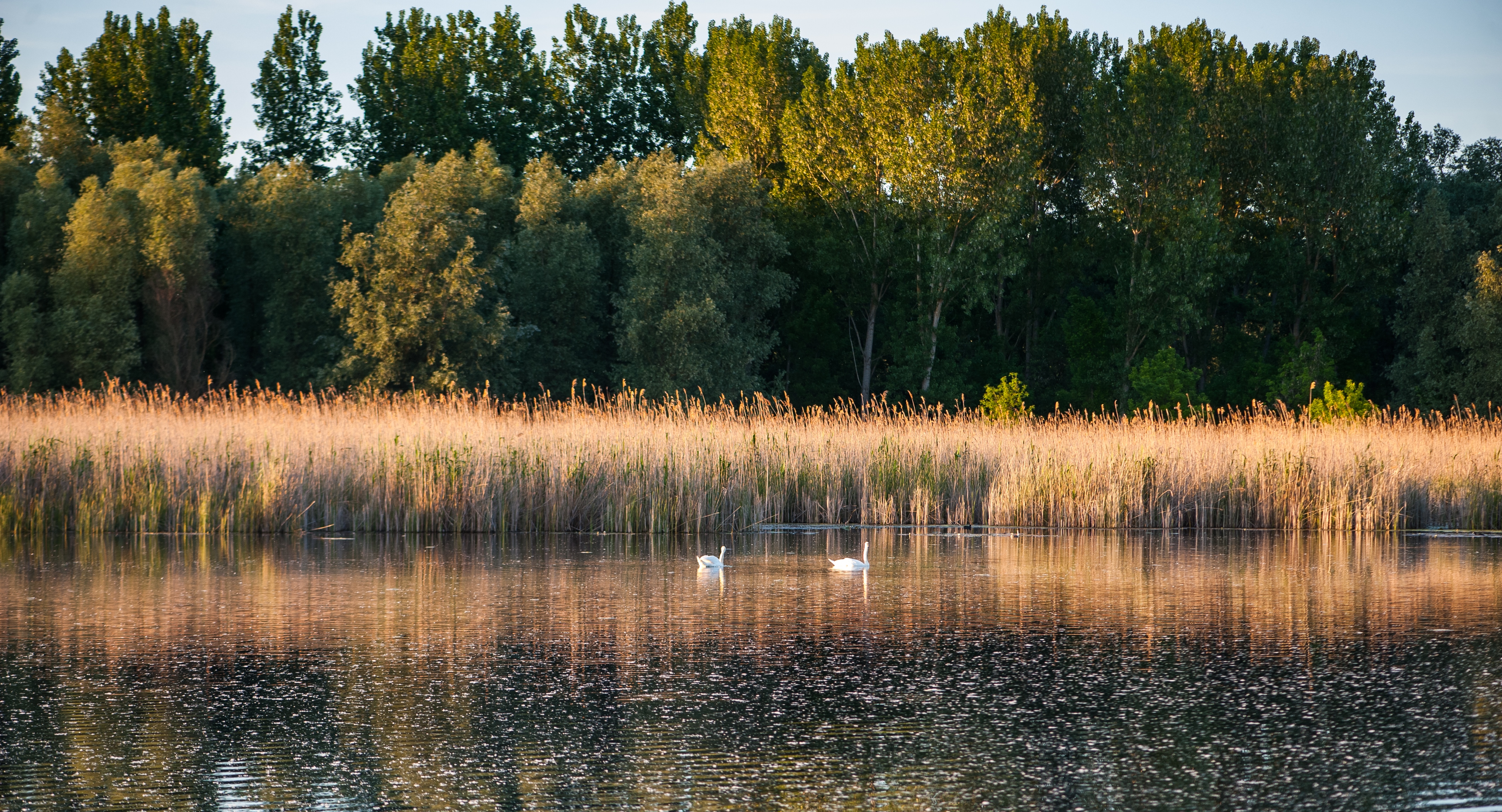Hírek a nagyvilágból
 >
>
Thirty Years of Conservation Measures for Small Cetaceans in European Seas
Thursday 17 March 2022 marks the 30th anniversary of the Agreement on the Conservation of Small Cetaceans of the Baltic, North East Atlantic, Irish and North Seas (ASCOBANS) – a regional environmental treaty of the United Nations. Concerns over the impacts of human activities on small cetaceans led to the negotiation of ASCOBANS under the auspices of the Convention on the Conservation of Migratory Species of Wild Animals (CMS). The Agreement was concluded on 17 March 1992 and has subsequently been signed by 10 countries.
Statement by Amy Fraenkel, CMS Executive Secretary at UNEP@50 Plenary High Level Session
Excellencies,
Distinguished Delegates,
Colleagues,
UN Report Assesses Risk of Plastic Pollution to Migratory Species in Ganges and Mekong Rivers

Osprey bringing large piece of plastic litter in for nest building. Bombay Hook NWR, New Jersey: © john581, CC BY 2.0 <https://creativecommons.org/licenses/by/2.0>, via Wikimedia Commons
A new report on plastic pollution and migratory species was launched today during the fifth session of the United Nations Environment Assembly (UNEA5) in Nairobi. The report, “Risk assessment of plastic pollution to migratory species in the Mekong and Ganga River Basins”, was prepared under the UN’s Convention on the Conservation of Migratory Species of Wild Animals (CMS).
The Kingdom of Bahrain Accedes to CMS
The Kingdom of Bahrain has acceded to the Convention bringing the number of Parties to 133. It joins the ever-growing number of contracting Parties from Asia. The Kingdom of Bahrain, whose capital is Manana, is an island country located in the Persian Gulf that comprises an archipelago of natural islands and artificial islands with a total land area of 728 km2 and approximately 3000 km2 of territorial waters.
Statement by Amy Fraenkel, CMS Executive Secretary at UNEA-5.2

Osprey bringing large piece of plastic litter in for nest building. Bombay Hook NWR, New Jersey: © john581, CC BY 2.0 <https://creativecommons.org/licenses/by/2.0>, via Wikimedia Commons
Excellencies,
Distinguished Delegates,
Colleagues,
Ladies and Gentlemen,
"Dim the Lights for Birds at Night!" – The World Migratory Bird Day 2022 Slogan Announced!
“Dim the Lights for Birds at Night!” has been selected as the official slogan of the 2022 edition of the UN-backed global World Migratory Bird Day campaign. This year, the campaign’s focus is on the impacts of light pollution on migratory birds. “World Migratory Bird Day 2022 is not only about raising awareness on the negative effects of light pollution on migratory birds. We also hope the campaign will trigger concrete commitments and pledges from Parties, cities, and other key stakeholders across the world,” said Amy Fraenkel, Executive Secretary of CMS.
Alert: Increased Risk of Highly Pathogenic Avian Influenza Outbreaks in Wild Bird Populations in Africa

Many Great White Pelicans died in the recent Avian Influenza outbreak in Senegal © Sergey Dereliev, www.dereliev-photography.com
FAO recommends countries in Africa to be on high alert for wild bird mortalities due to H5 highly pathogenic avian influenza (HPAI). Given recent reports from West and Southern Africa detecting the virus in Great White Pelicans and coastal birds respectively, the risk of HPAI introduction into other African countries and outbreaks in wild bird populations is regarded as high. Countries should have in place enhanced measures for early detection, diagnosis and outbreak response, in both wild birds and poultry.
6th Meeting of the CMS Energy Task Force Agrees on Key Priorities
The CMS Energy Task Force (ETF) convened its 6th Meeting on 9 and 10 February. Over 60 participants, including representatives of CMS Parties, Multilateral Environmental Agreements, NGOs, International Financial Institutions, and entities working in the energy field met to discuss progress and priorities in implementing the ETF 2021-2024 workplan. CMS Executive Secretary Amy Fraenkel said: “Global energy demand is set to increase 30% by 2040. Transitioning to a decarbonized economy should be a top priority, but this transition needs to take place without jeopardizing the future of migratory species, many of which are already suffering from inadequate planning and monitoring of current energy developments.
2022/002: CMS Secretariat Updated Analysis of the First Draft of the Post- 2020 Global Biodiversity Framework and its Proposed Headline Indicators
The CMS Secretariat is pleased to share an updated analysis of the 1st Draft of the Post 2020 Global Biodiversity Framework (GBF), and its proposed headline indicators, with respect to how they del
2022/001: Call for Offers to Host COP14
The Secretariat has not yet received expressions of interest for hosting the 14th Meeting of the Conference of the Parties to the Convention on Migratory Species (COP14





